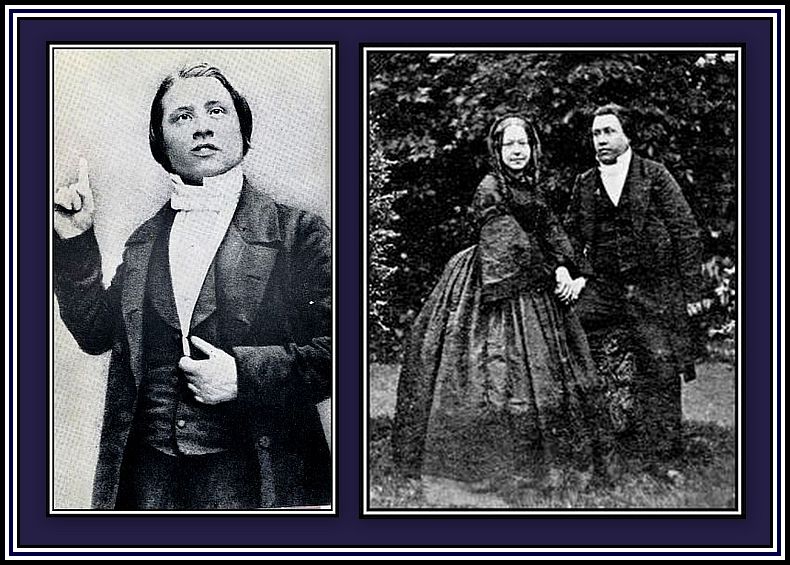Your weekly Dose of Spurgeon
The PyroManiacs devote some space each weekend to highlights from the lifetime of works from the Prince of Preachers, Charles Haddon Spurgeon. The following excerpt is from The Metropolitan Tabernacle Pulpit, volume 59, sermon number 3,350, "Stewards.""The apostle was anxious to be rightly accounted of, and well he might be; for ministers are not often estimated rightly: as a rule, they are either gloried in, or else despised."
At the commencement of our ministry, when our stores are fresh, and our energies are full; when we blaze and flash, and spend much time in the firework factory, people are apt to think us wonderful beings; and then the apostle’s word is needed: “Therefore let no man glory in men” (1 Cor. iii. 21).
It is not true, as flatterers insinuate, that in our case the gods have come down in the likeness of men; and we shall be idiots if we think so. In due time foolish expectations will be cured by disappointment, and then we shall hear unwelcome truth, mingled with unrighteous censure.
The idol of yesterday is the butt of to-day. Nine days, nine weeks, nine months, or nine years; be it more or less, time works disenchantment, and changes our position in the world’s account. The primrose-day is over, and the nettle months are come. After the time of the singing of birds has passed away, we come nearer to the season of fruit; but the children are not half so pleased with us as when they wandered in our luxuriant meadows, and strung our daisies and buttercups into crowns and garlands.
In our more autumnal years the people miss our flowers and greenery. Perhaps we are becoming sensible that it is so. The old man is solid and slow; whereas, the young man rode upon the wings of the wind. It is clear that some think too much of us, and some think too little of us; it would be far better if they accounted of us soberly “as the ministers of Christ.”
It would be for the advantage of the church, for our own benefit, and for the glory of God, if we were put in our right places and kept there, being neither over-rated, nor unduly censured, but viewed in our relation to our Lord, rather than in our own personalities. “Let a man so account of us, as of the ministers of Christ.”
We are ministers. The word has a very respectable sound. To be a minister is the aspiration of many a youth. Perhaps if the word were otherwise rendered, their ambition might cool. Ministers are servants; they are not guests, but waiters; not landlords, but labourers.
The word has been rendered “under-rowers,” men who tug the oar on the lowest bench. It was hard work to row a galley: those rapid strokes consumed the life-forces of the slaves. There were three banks of oars: those on the upper bank of oars had the advantage of fresh air; those who were beneath were more closely shut in; but I suppose that the lowest bank of rowers would be faint with heat, as well as worn out with sore travail.
Brethren, let us be content to wear out our lives even in the worst position, if by our labour we can speed the passage of our great Caesar, and give speed to the trireme of the church in which he has embarked. We are willing to be chained to the oar, and to work on through life to make his barque cleave the waves. We are not captains, nor owners of the galley, but only the oarsmen of Christ.


